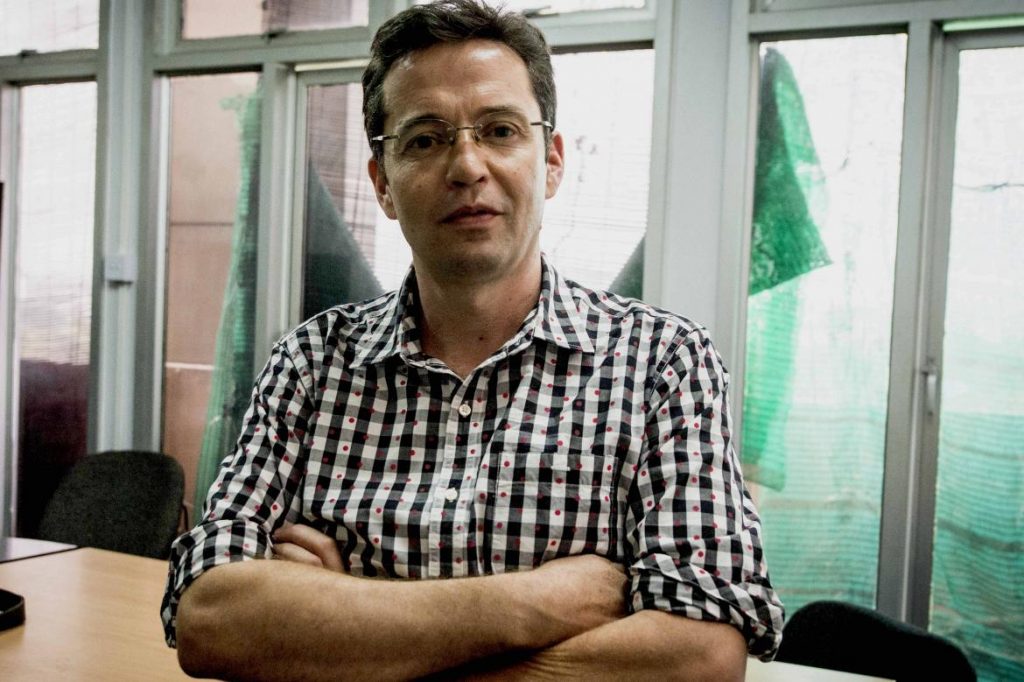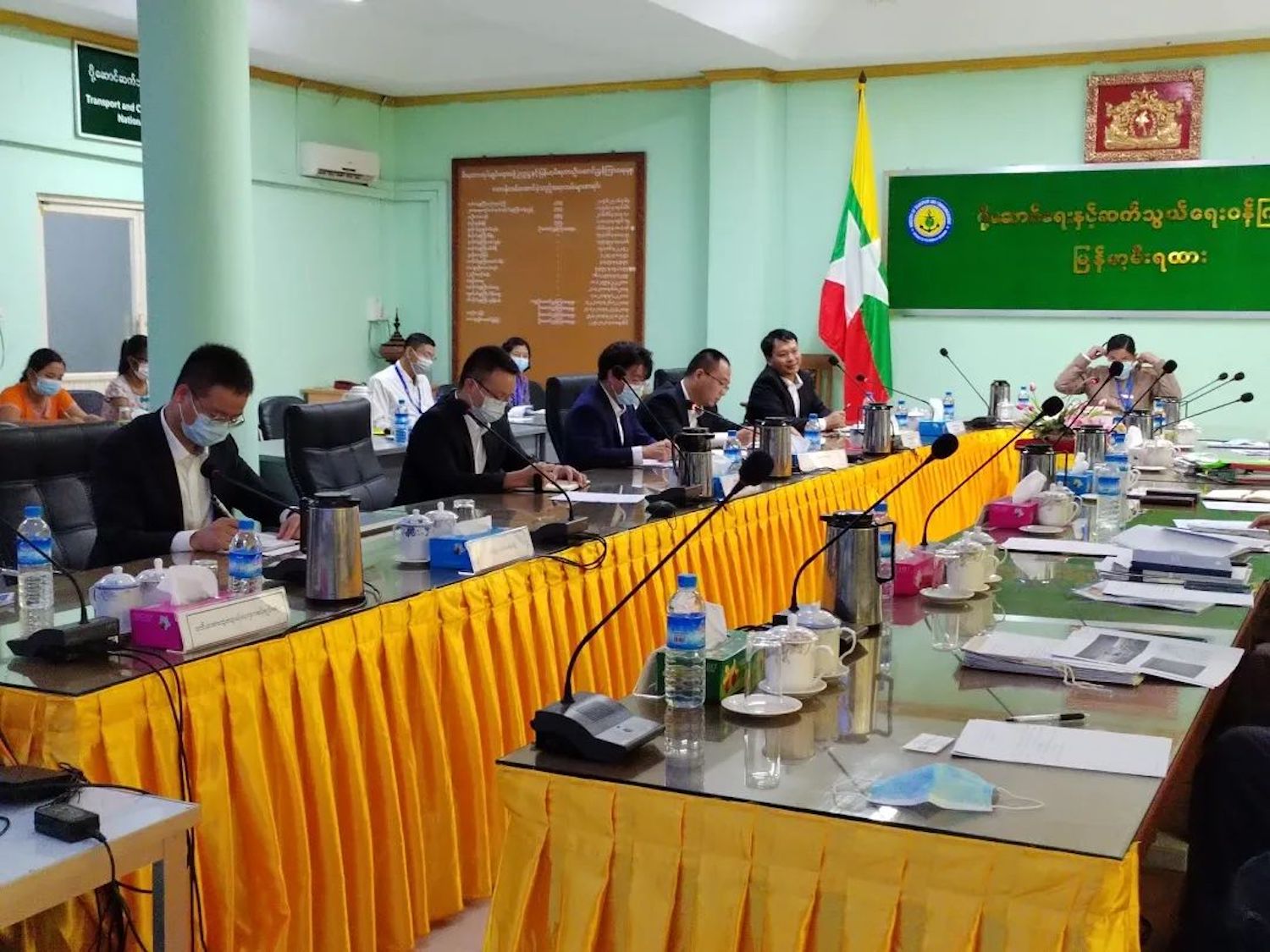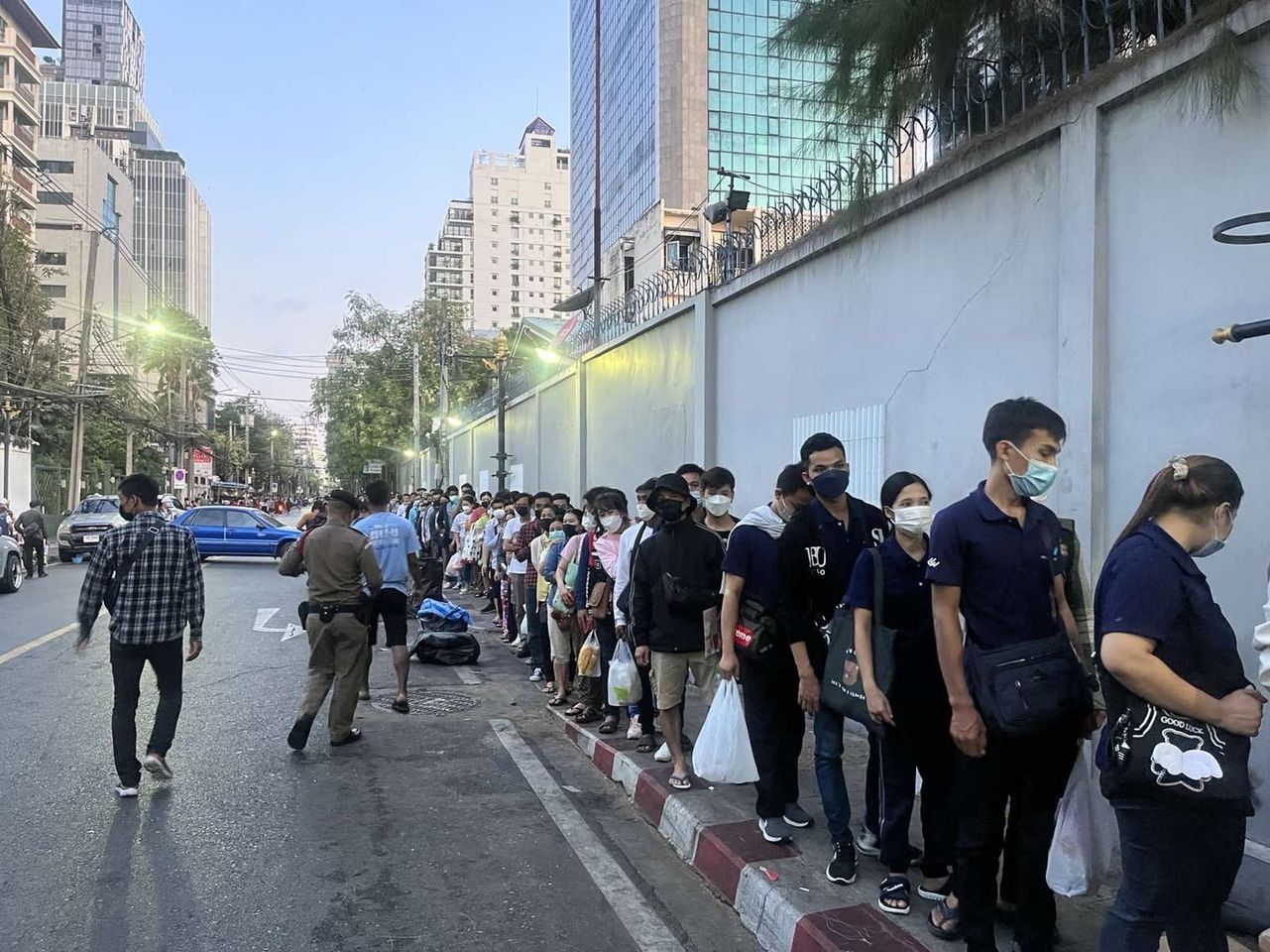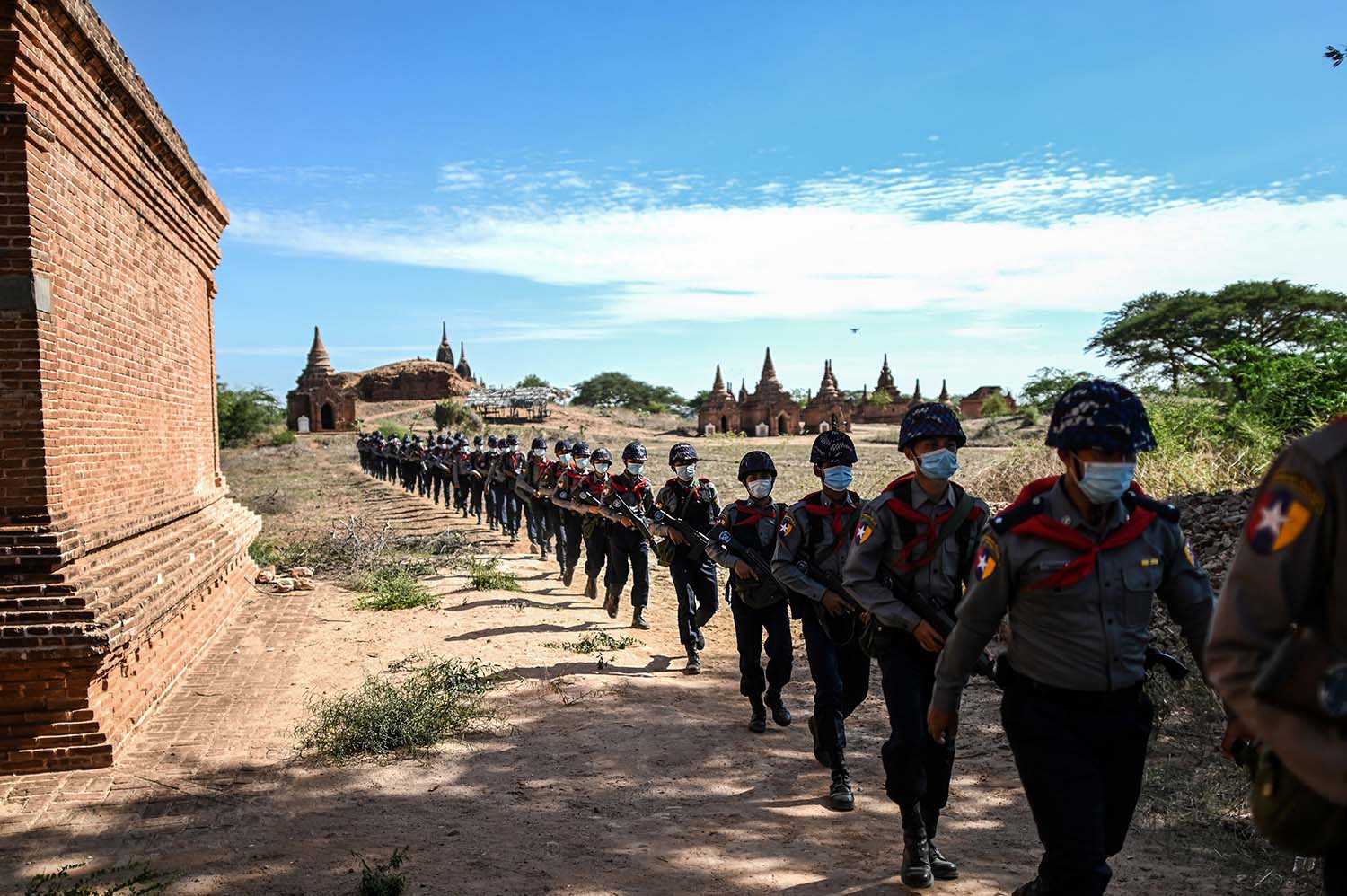Michel Fonteyne-Leitao and his wife, Fanny, are the founders of La Terrazza and La Pizza restaurants in Bagan. What he calls his “love affair” with Myanmar began when he met a friendly taxi driver in Yangon more than 10 years ago. He spoke to Frontier about the key to being a successful restaurateur in Myanmar and his passion for Bagan.
You established your first restaurant in Bagan in 2012. Did you come to Myanmar with the intention of starting a business?
No, the idea came slowly. Many people were saying to me that then [2012] was the right time to come here and establish a business, but me and my wife have a history with this place.
We first came in 2002 and our driver in Yangon, Ko Myint Kyaw, was just wonderful. He was very caring for us, such a peaceful man, and after spending a few days with him we became friends.
We came back the next year and got to know him and his family a little better. We learned that Ko Myint Kyaw was originally from Bagan and wanted to move back there. His dream was to open a pancake shop there and he was saving US$50 a year and planned to open his pancake shop 10 years later.
In 2004 we offered Ko Myint Kyaw and his family a piece of land with a house in Bagan and he moved back there with his family.
Support more independent journalism like this. Sign up to be a Frontier member.
Then at the end of 2006, he caught cancer in the bone of his cheek. It was bad. The last time I met him was here in Yangon in 2006, and of course he knew everything was done for him and his final worry was for his wife and children. I told him that we would do the best we could. I never saw him again because he passed away a few months later.
Our friends in Switzerland raised money for the family and we came back regularly to see them and give them the money, because we couldn’t send money [from] abroad then. What we learned in Bagan is that it’s a very special place, like a museum, but it’s also a village and everyone knows everything about you. People knew our situation with Myint Kyaw’s family and the manager of a hotel, knowing my wife is a cook, asked us to establish a restaurant with him.
What is the concept of the restaurant?
We opened La Terrazza, an Italian restaurant but also an art gallery. This was a way to refresh the restaurant every few months and also to support local artists.
The restaurant has been open two years, and we realised that OK this is seasonable tourism, we have five good months, November to March. Then you have a few months that are so-and-so, then the rest are really difficult.
So we decided to open a small pizzeria, La Pizza. Everyone has an idea what a pizza is, so you have Myanmar people who enjoy it, and also tourists from around the world who want to eat something they know. Those two were in Nyaung U, and in November we opened a third restaurant, another La Pizza, in Old Bagan.
And you also operate a training school?
Of course, this is the most important thing. If you are looking for high quality in Myanmar, it takes a lot of training, as quite often the staff do not have good schools, or have not had a good education system. And we really focus as much as we can on teaching English.
Once again, this deep connection with Ko Myint Kyaw’s family continues to grow. Hnin Hnin (Ko Myint Kyaw’s wife) works part-time in the market and part-time in the kitchen, and their oldest son Myat Zaw May is now becoming head of department in our dining room. It’s funny, I’ve known him since he was six years old, and here he is working in the restaurant.
I can say that everyone working in the restaurant has some sort of connection. Everyone has a meaning to be there, and in Myanmar that is very important. If people don’t have meaning, they will maybe not work for a long time. So this is a good feeling we have, but yes it’s a lot of work because we have to teach a lot.
What are some of the challenges to being a restaurateur in Myanmar?
I think it would have to be keeping the quality. To have regular providers of ingredients of good quality. We don’t know, sometimes we order mozzarella and the provider says, ‘Sorry, no.’ Sorry no, but I have an Italian restaurant [laughs].
You also have electricity, which regularly cuts out. These challenges for a restaurant are huge, to keep the quality whatever the challenges are. To do that, you have to have a strong structure. And now with the situation in the country, with it improving, the little things like electricity will improve.
What changes have you seen in Bagan?
Well, it’s still a village, but before it was a very small village. I’m hopeful that it will keep these Buddhist values, these spiritual values, these family values. They are strong, and the people are deeply proud of the way they are.
Some things you see everywhere in the world. If thousands of tourists come, then of course small shops and a few small tricks to make more money [will happen], and I have seen a little change, but it’s OK.
The big challenge is to manage this. Of course, this situation this week [when the Ministry of Culture announced that tourists could not climb on temples, before reversing its decision], for them it is black and white. But you have to think about the situation. How can we improve? How can we give a salary to people to just check things and maybe remind tourists about the rules?
People ask me, why choose Bagan? Why not Yangon? I just love it here. I live in one of the most beautiful places in the world. I would be very sad to see Bagan lose some of its spirituality, but Myanmar can form something that makes the local people happy and the tourists happy.
People say they want to visit Bagan before it’s too late. What does that mean? OK, instead of talking, let’s do something now Let’s protect the handicrafts, let’s protect the culture and let’s tell people what a special place this is.







